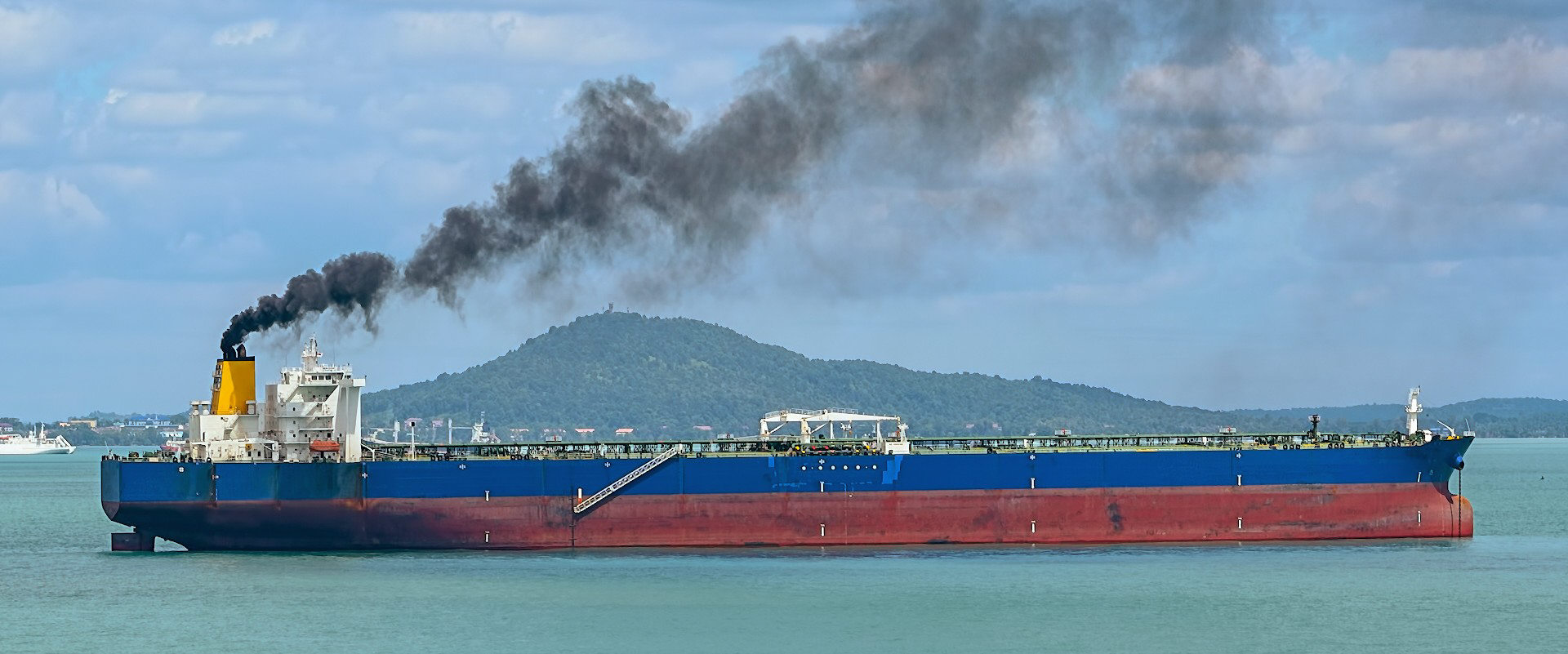NOx taxes and incentives
Global: Environmental Ship Index
The world’s key ports have committed themselves to reduce emissions to air from ships through the World Ports Sustainability Program (WPSP). Within that commitment the Environmental Ship Index (ESI) identifies seagoing ships that perform better in reducing air emissions (NOx and SOx) than required by the current emission standards of the International Maritime Organization. The index is intended to be used by ports to reward ships when they participate in the ESI and will promote clean ships. Ships participate on a voluntary basis by providing data to the ESI. Each ship is then rated and awarded a certificate that serves as the basis for environment-based discount on the tonnage charges payable.
Full list of over 8,000 rated ships and their scores can be found here.
Full list of participating ports and other incentive providers can be found here.
Global: Green Award
Green Award certifies ships that are extra clean and extra safe. Ships with a Green Award certificate reap various financial and non-financial benefits, such as discount on port dues (typically 5-6%), charter preference, lower cost, lower insurance premiums, better reputation, motivation and pride of the crew, etc. The Green Award certification scheme is open to oil tankers, chemical tankers and dry bulk carriers, LNG, LPG and container carriers and inland navigation vessels. The Green Award procedure is carried out by the Bureau Green Award, the executive body of the independent non-profit Green Award Foundation.
Criteria related to air emissions can contribute a maximum of 10% of the total number of ranking points available. Points are awarded for NOx emissions of no more than 17 g/kWh.
Full list of certified ships can be found here.
Full list of participating ports and other incentive providers can be found here.
Netherlands: Environmental technologies incentives
There are two government incentive schemes in the Netherlands: MIA and VAMIL.
MIA, an application based program that allows the applicant to subtract up to 36% of the cost from their taxable income; the annual budget for 2018 was € 99.000.000,- on “first come first served” basis.
VAMIL, an application based program that allows the applicant to depreciate the installation up to 75% of the value of the investment at a chosen moment in time which also means lower tax; the budget for 2018 was € 40.000.000,- on “first come first served” basis.
More details about both schemes can be found here.
Norway: NOx Tax and NOx Fund
From 1 January 2007 Norway introduced a tax on NOx emissions from ship engines above 750 kW. The rate was set at NOK 15 per kilo (equivalent to €1,765/ton). The tax applies to emissions from ships within Norwegian territorial waters irrespective of the nationality. However, for Norwegian registered vessels, the tax applies to emissions in “near waters”, which are defined as sea areas within 250 nautical miles of the Norwegian coast. Ships in international traffic are exempt, including vessels operating in direct traffic between Norway and foreign ports. The tax is calculated on the basis of actual NOx emissions. If these are not known, it is calculated based on a source-specific emission factor. If neither actual emissions nor the source specific factor are known, factors determined by standard values will be used.
Since the introduction of the NOx tax, 15 Norwegian business organizations entered into an Environmental Agreement on NOx with the Ministry of the Environment to reduce the effective tax for the offshore sector – which led the formation of the NOx Fund. The NOx Fund quickly became a success and accelerated efforts to cut NOx emissions while giving industry financial support to implement competitive green technology. For participant enterprises, payments to the NOx Fund replaced the government’s NOx tax. Enterprises that sign an agreement to pay NOK 4 (€0.47) per kg to the NOx Fund are exempt from paying NOx tax for a period of three years, but in return they have to commit themselves to investigate investments required to reduce NOx and to report back to the board of the Fund.
The board of the NOx fund pick the most cost-effective projects, which may receive 75% of the investment costs from the fund. The fund will also support operational costs such as urea for the SCR reactor. The incentive for urea is 1.5 NOK (€0.18) per kg of urea used.
Since 2008, the NOx fund has:
- Given support for approx. 1000 projects
- Paid over. NOK 4 billion for measures
- Reduces over 35,000 tonnes of NOx
- Contributed to Norway’s ability to comply with international NOx emissions commitments
- Contributed to significant development and dissemination of environmental technology
A new NOx agreement has been signed for a new period 2018-2025 committing to reduce NOx emissions to a combined total for 2024 and 2025 of 172,510 tonnes NOx.
For more information visit the NOx Fund website.
Sweden: Fairway dues and environmental differentiation
To substantially reduce NOx emissions, the Swedish Maritime Administration established and manages the fairway dues based on four components: readiness fee, vessel-based fee, the cargo quantity loaded or unloaded and number of passengers. The objective of the dues is to encourage vessels engaged in dedicated trade and other frequent vessel traffic involving Swedish ports, regardless of flag, to install SCR or other cost-effective NOx abatement techniques. The vessel-based fees are differentiated according to the vessel’s verified Clean Shipping Index (CSI) scores.
More information and effective fee rates and rebates can be found here.

